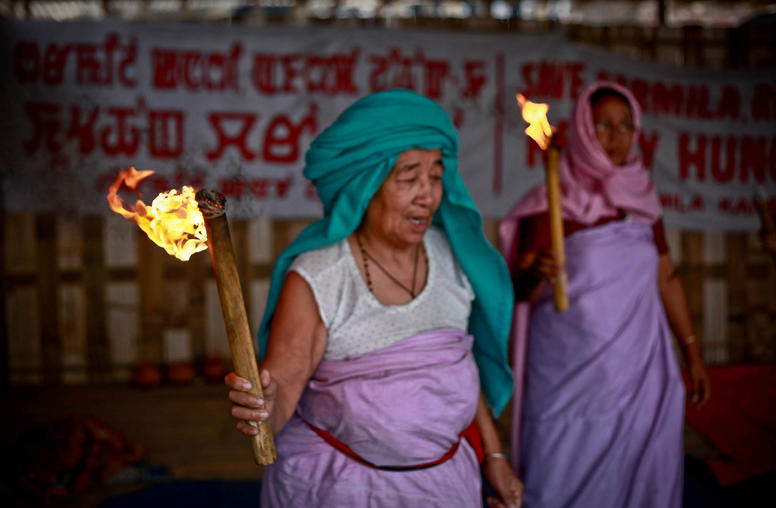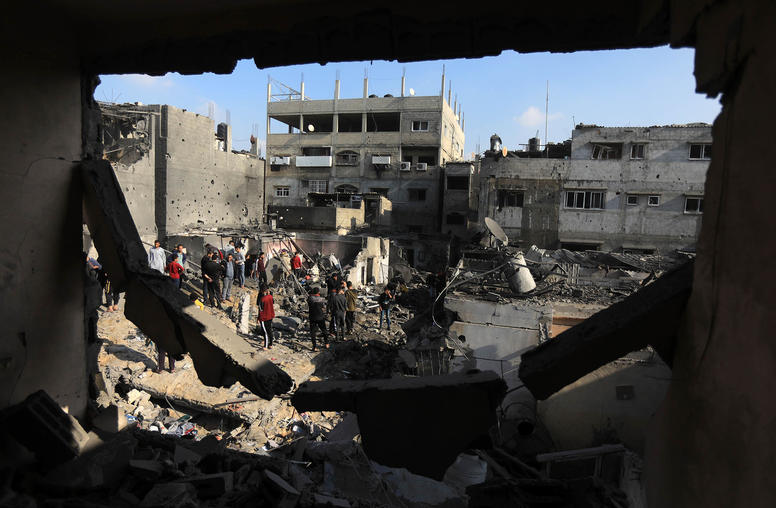The current approach to peacebuilding tends to focus on the drivers of conflict — by understanding what’s causing violence, mechanisms can be put in place to stop it. But that is only one part of peacebuilding, and a current dilemma facing the field is how to navigate the emotional aftermath of a conflict, where the warring parties might have different recollections and understandings of historical events. USIP’s Andrew Cheatham spoke with Seton Hall University Professor David Wood, the co-author of the “Ethics of Political Commemoration: Towards a New Paradigm” who is also a senior researcher at Geneva Graduate Institute, about how this issue manifests in the practice of post-war commemorations and what the peacebuilding field can do to facilitate commemorations in a way that is more likely to lead to a peaceful future.



